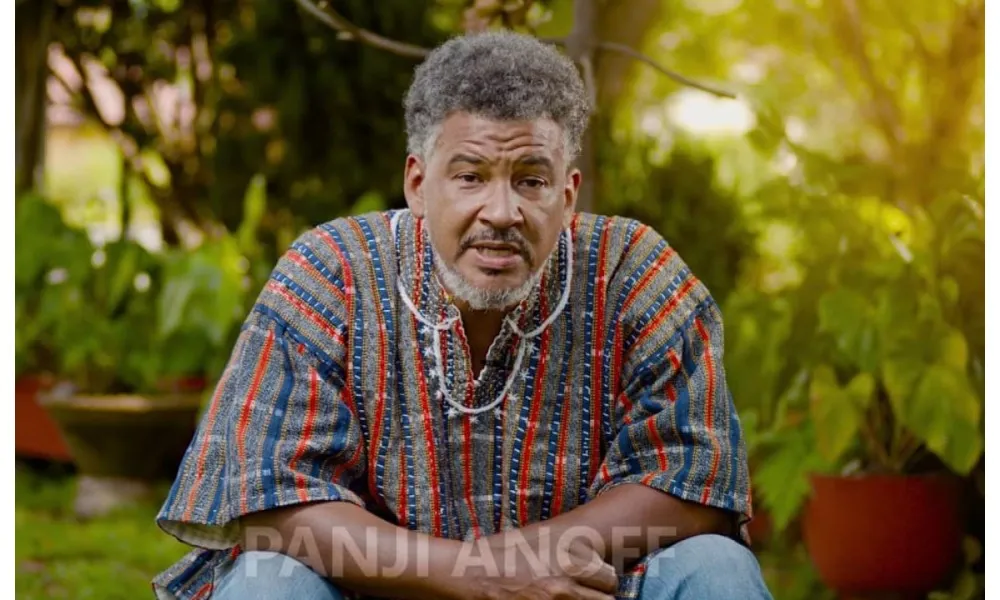By Ghana Plus,GhanaPlus
Copyright ghanaplus

Before Panji Anoff became known as a producer, activist, and creative icon, he was a curious six-year-old hiding behind musicians on a lawn in Accra, watching the magic of Ghanaian rhythm unfold.
In a conversation with Kafui Dey, Panji painted a vivid picture of his earliest musical awakening.
“My mother was a teacher at the Goethe Institute,” he recalled. “One day, the Wulomei group came to perform.
“I hid behind them and realized the singers were communicating directly with the drummers. The way the dancers moved, even how they shook their bodies, changed the rhythm.”
That experience taught him something that would shape his life: that music is communication, not performance.
“I always assumed movement followed drumming,” he said. “But in Ghanaian music, it’s simultaneous, they inspire each other.”
His second formative moment came at Accra’s old Apollo Theatre, where he watched Fela Kuti perform live in the early 1970s , escorted by his German grandmother, who had fallen in love with African rhythm.
“She thought Apollo was a grand European theatre,” Panji laughed. “She wore silk, sat on chewing gum, and was shocked to see it was an open-air venue!”
But the music , and Fela himself, left a permanent impression.
“My grandmother loved classical composers like Beethoven and Tchaikovsky,” he explained.
“But when she heard Fela, she recognized the orchestration, the conversations between drums and horns. She said West African music was the most danceable music she’d ever heard.”
Panji also used the moment to reflect on Ghana’s past leaders, singling out General Acheampong as one of the country’s most visionary.
“He understood development like few others,” he said. “He made Ghana self-sufficient in food and strengthened local banking. He deserves far more credit.”
From childhood memories of drummers and dancers to insights about leadership and culture, Panji’s reflections reveal a through-line in his philosophy; true progress comes from rhythm from connection, self-definition, and creative courage.
As he put it, “Every mistake in art is a new style. You just keep doing it, and you get better.” That, perhaps, is the rhythm of Panji Anoff’s life and the beat he hopes Ghana never loses.